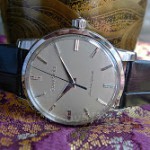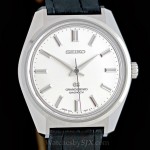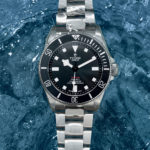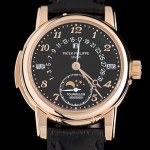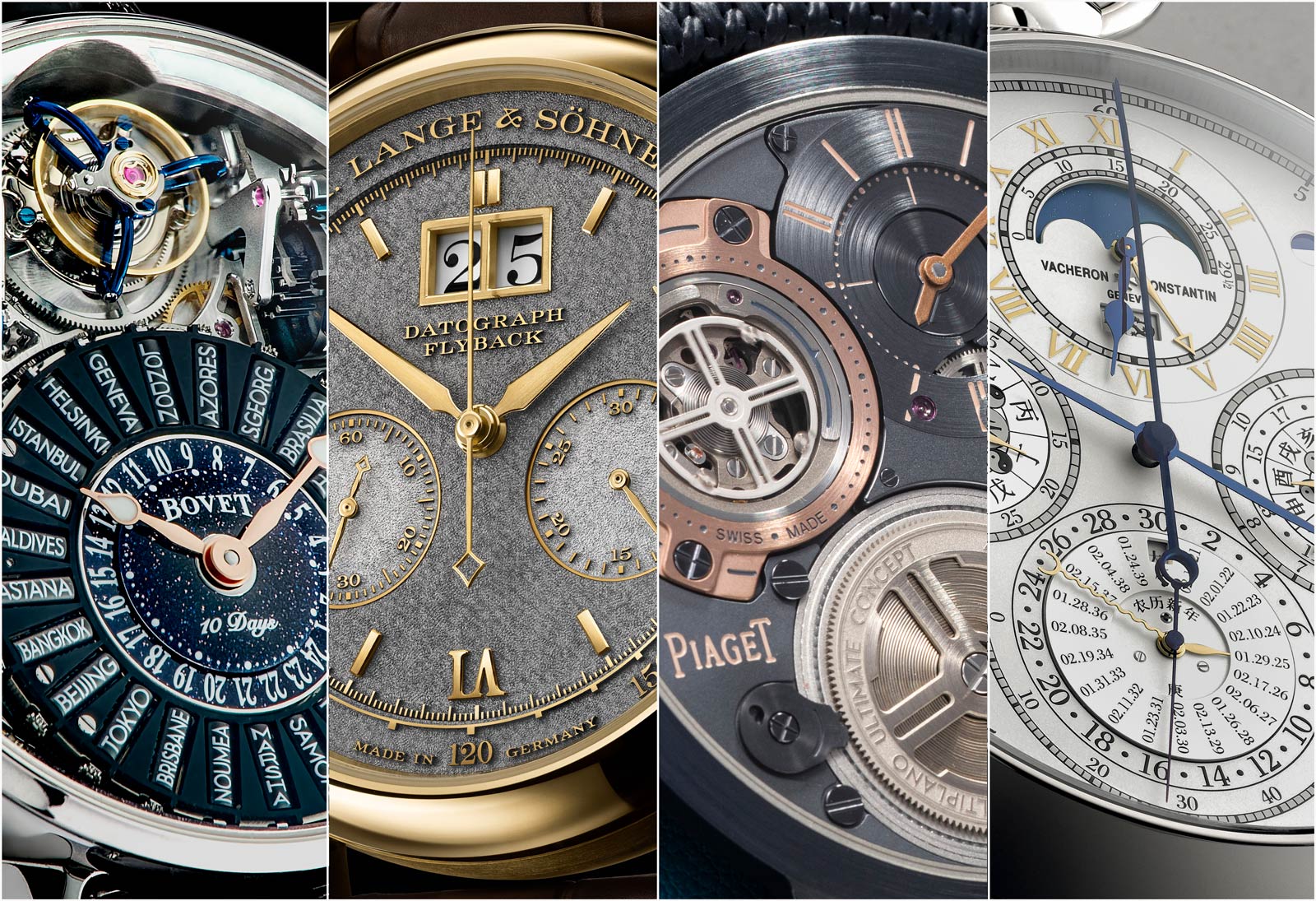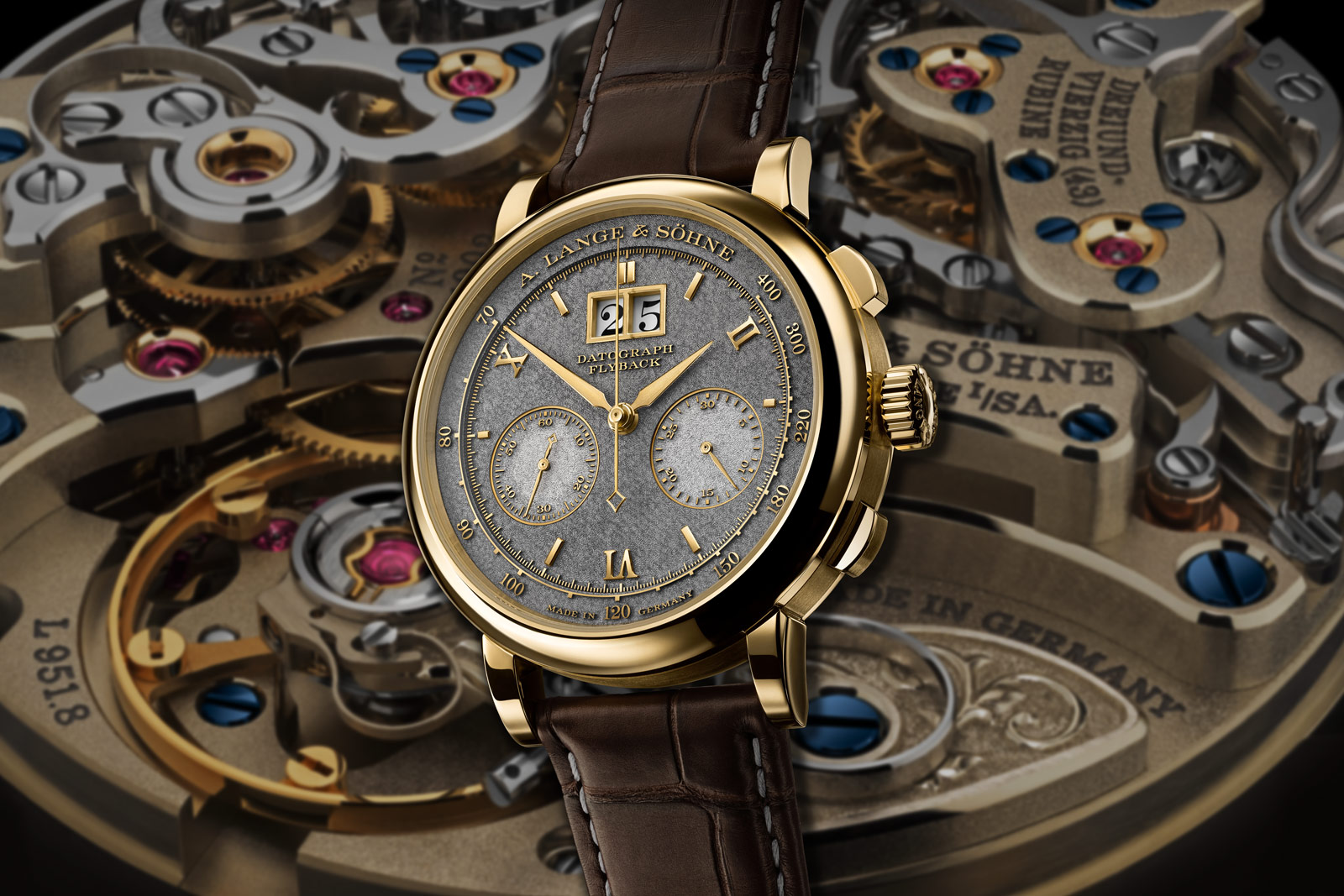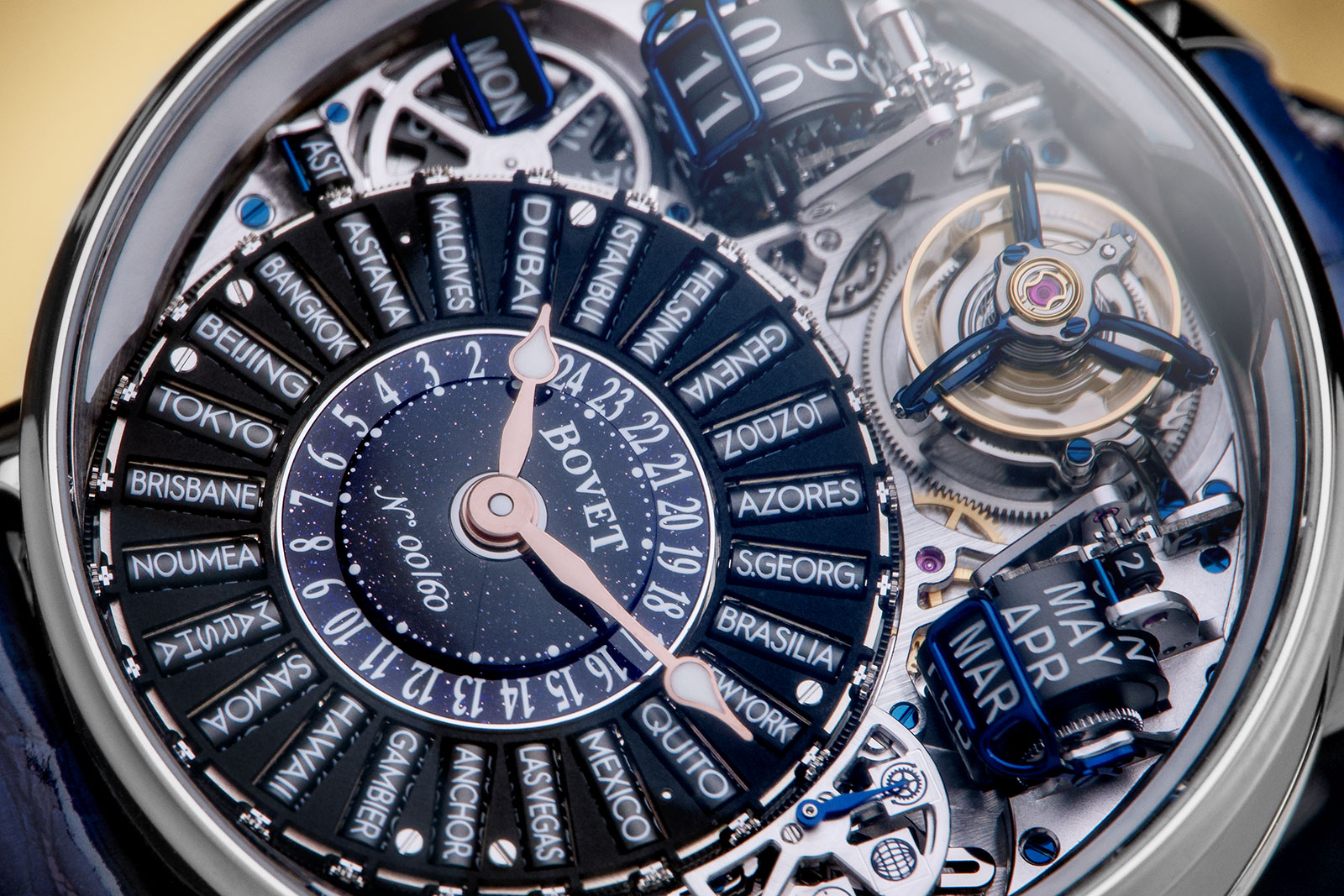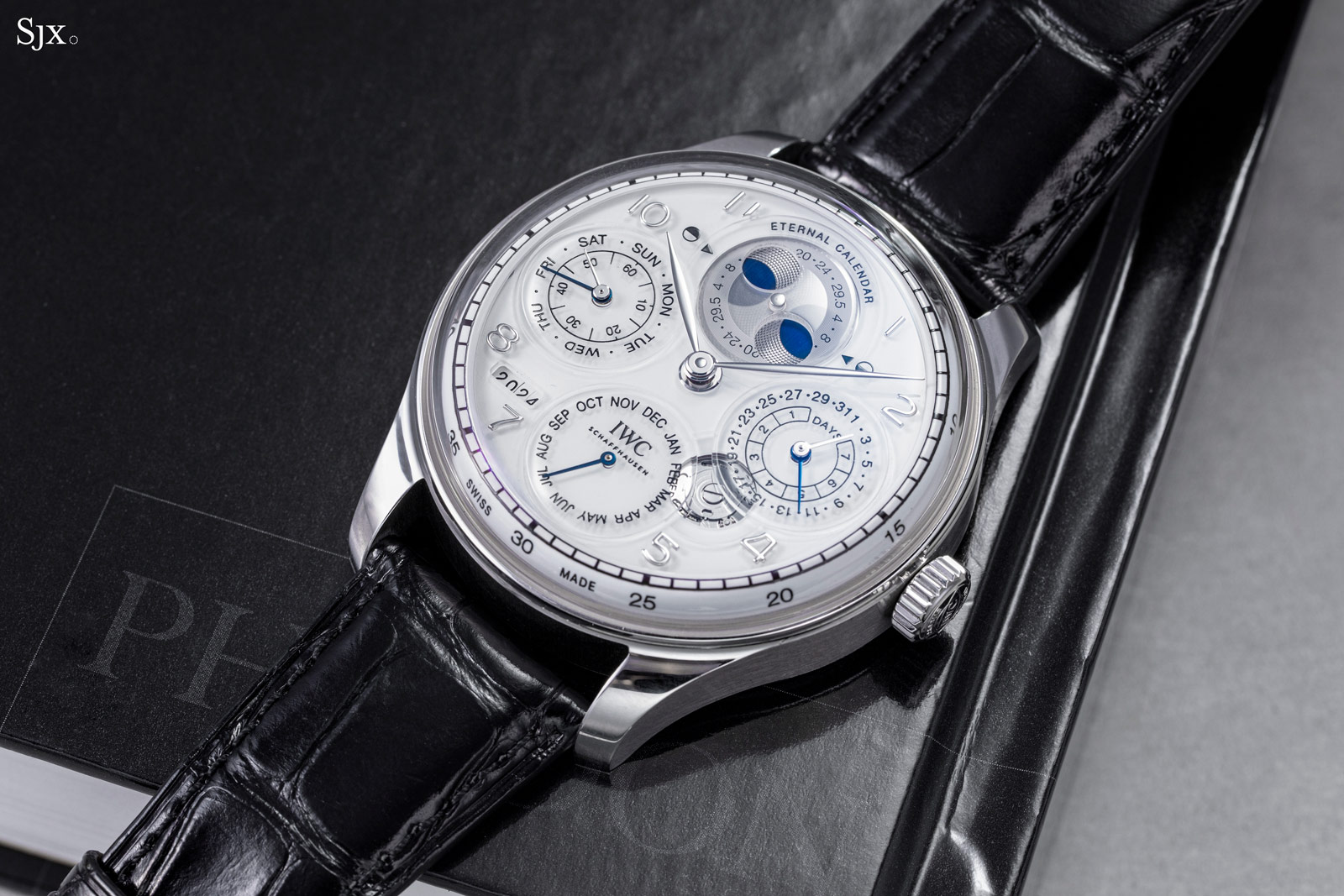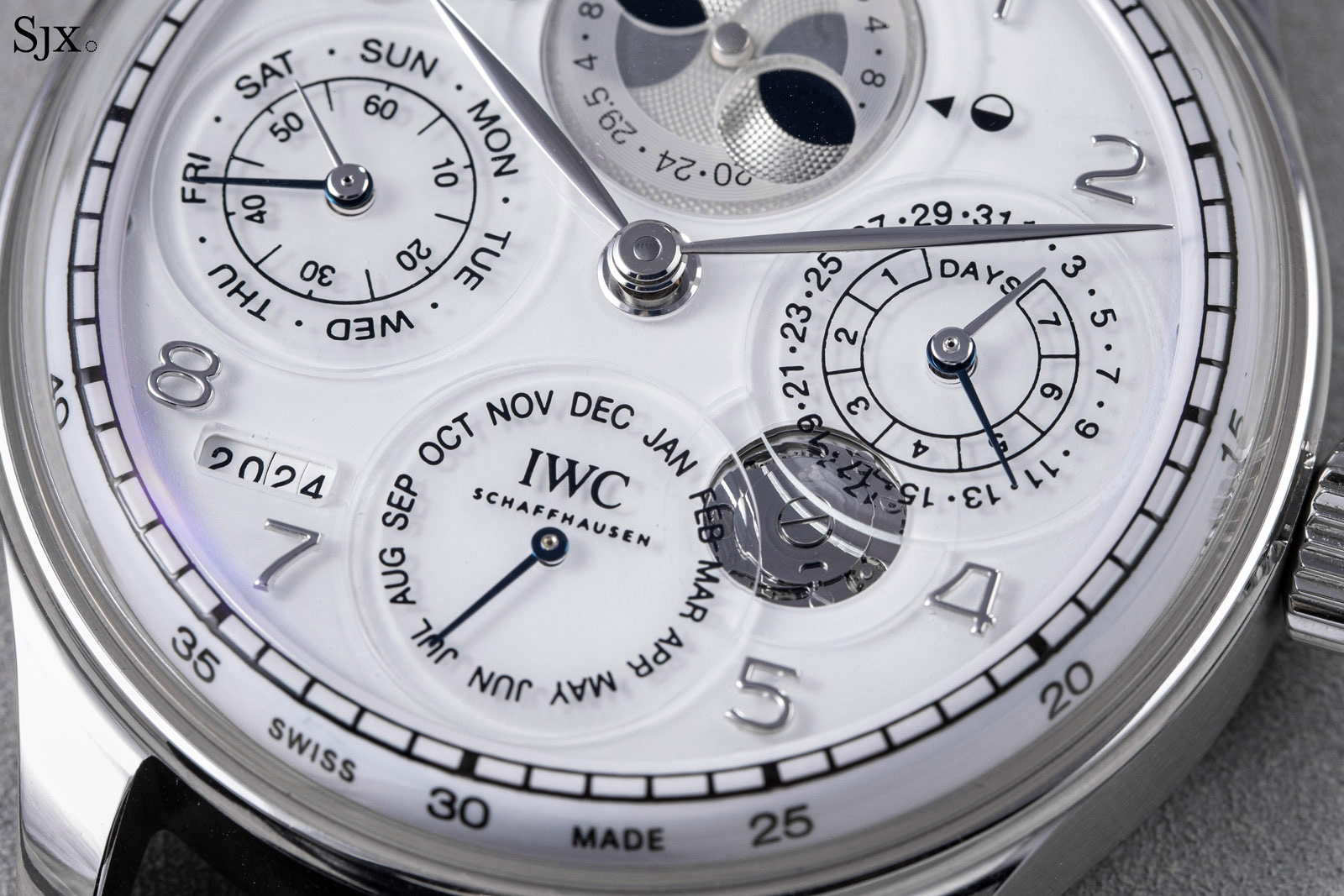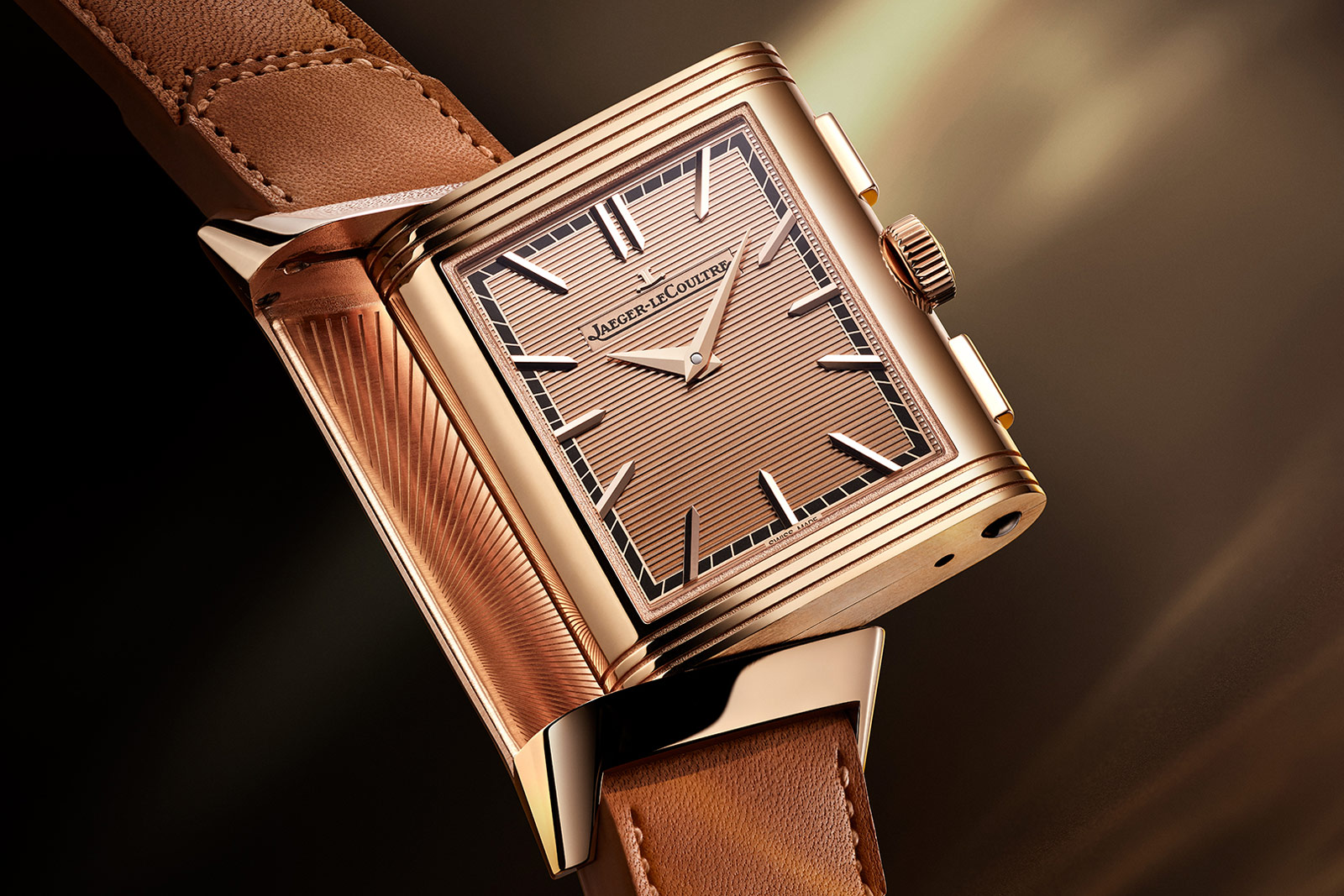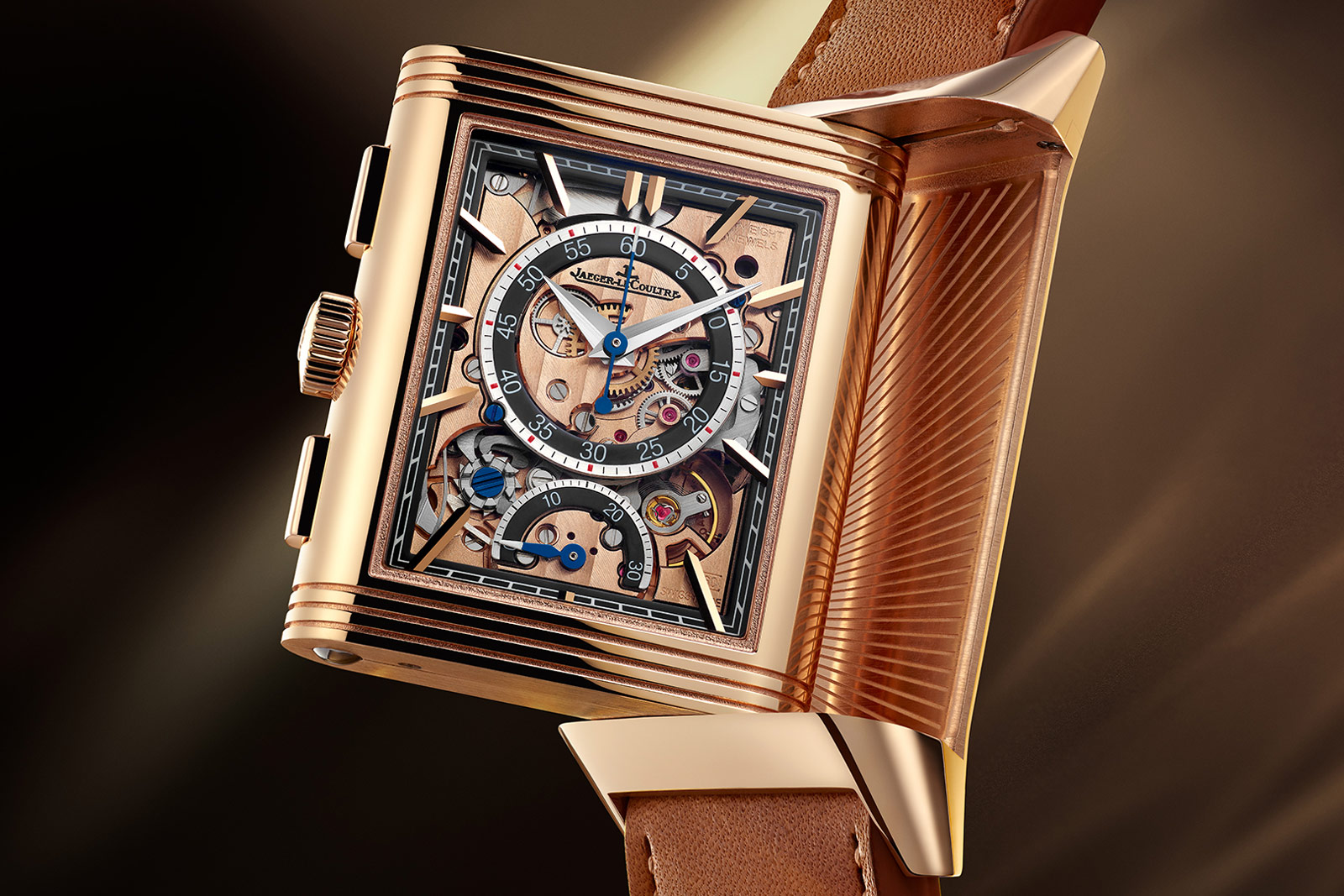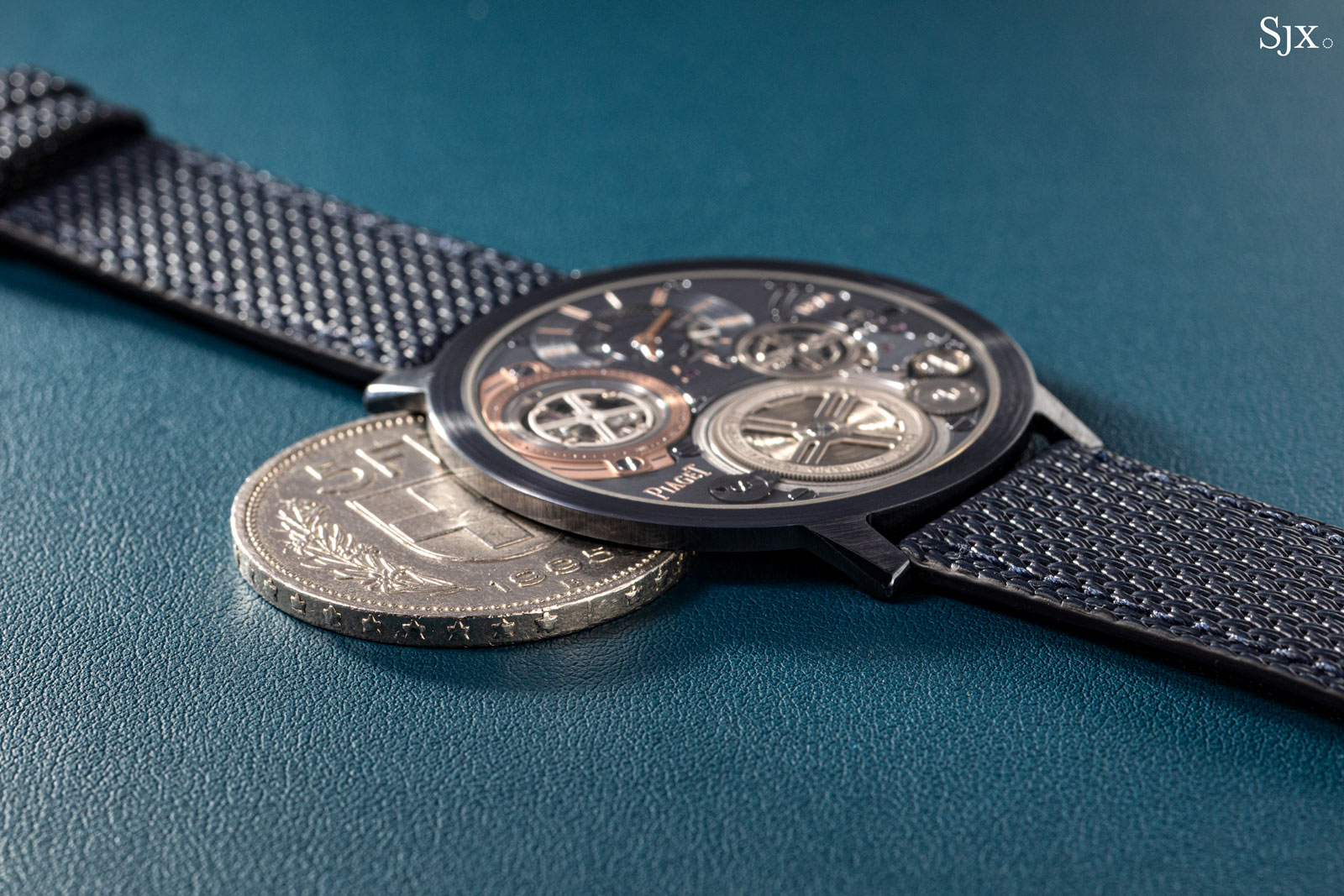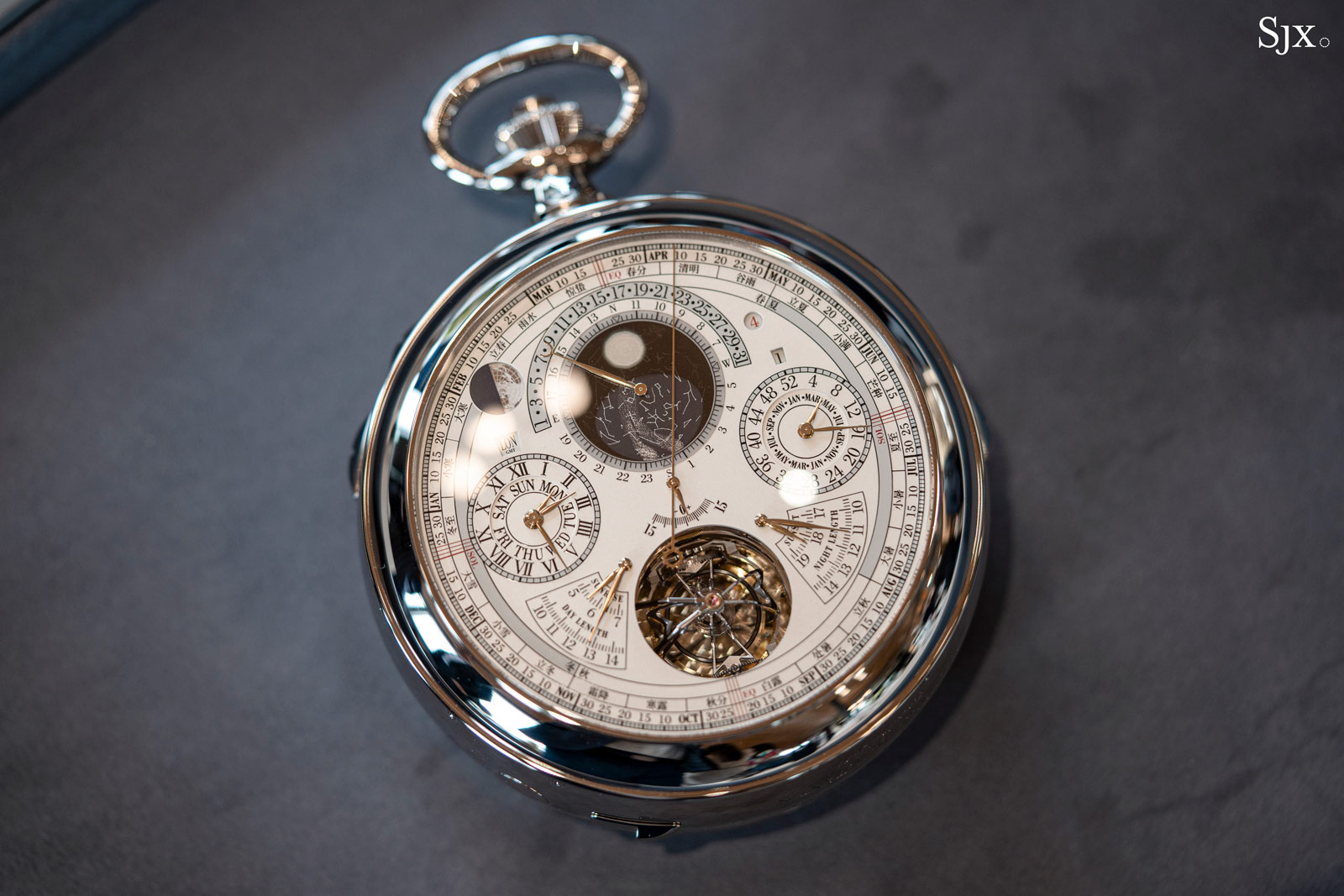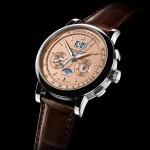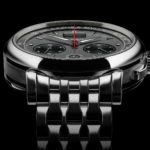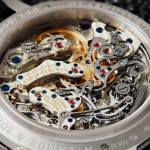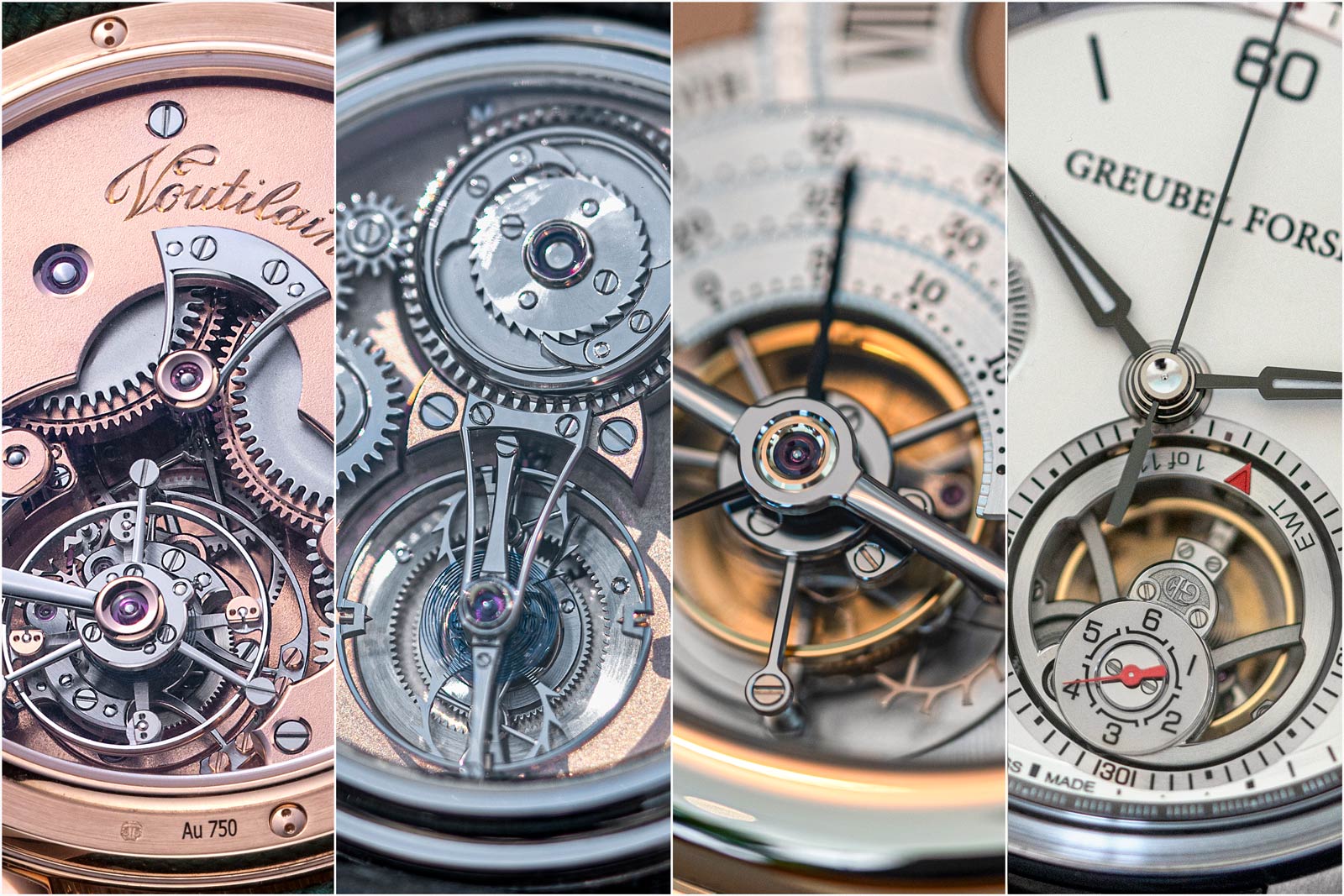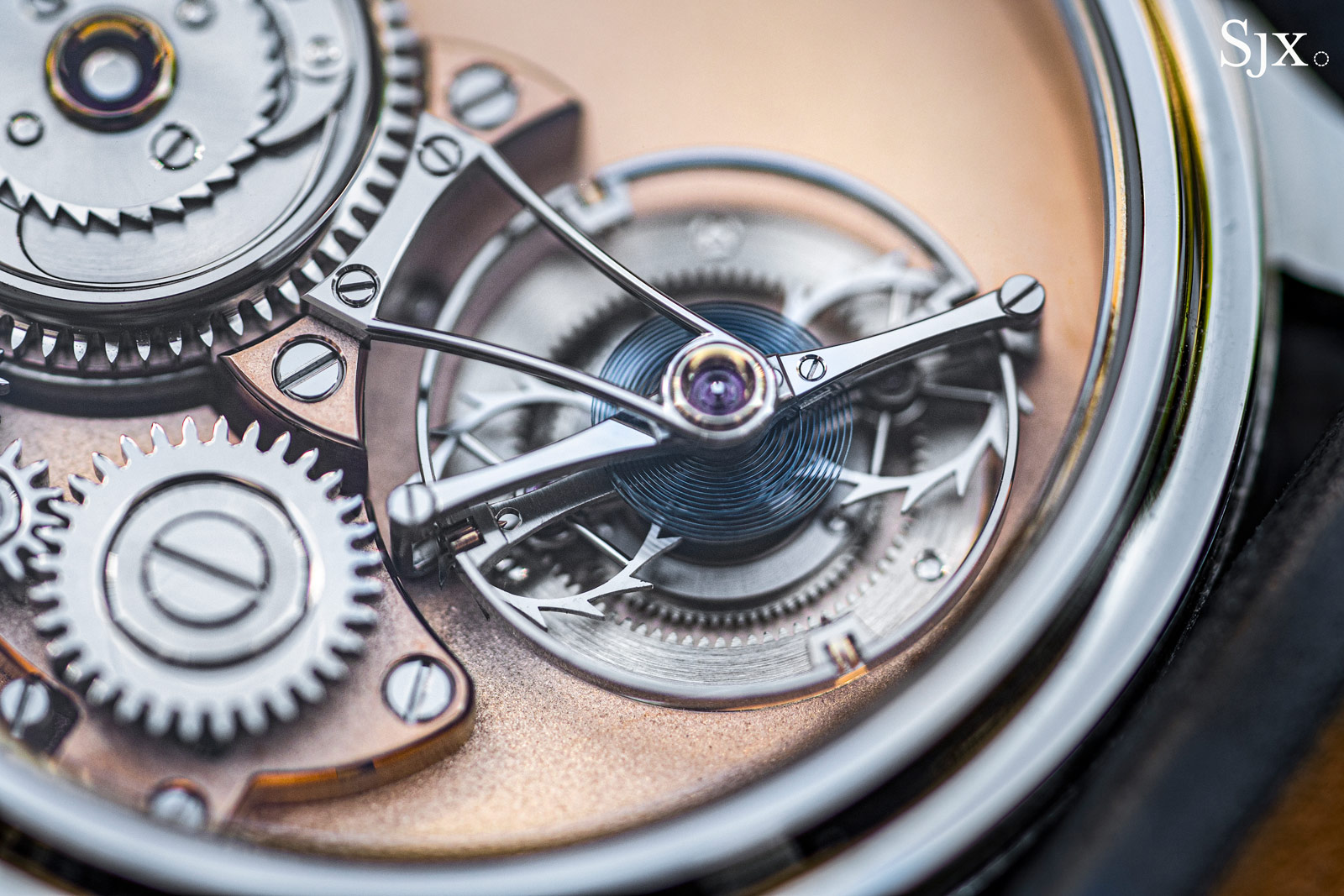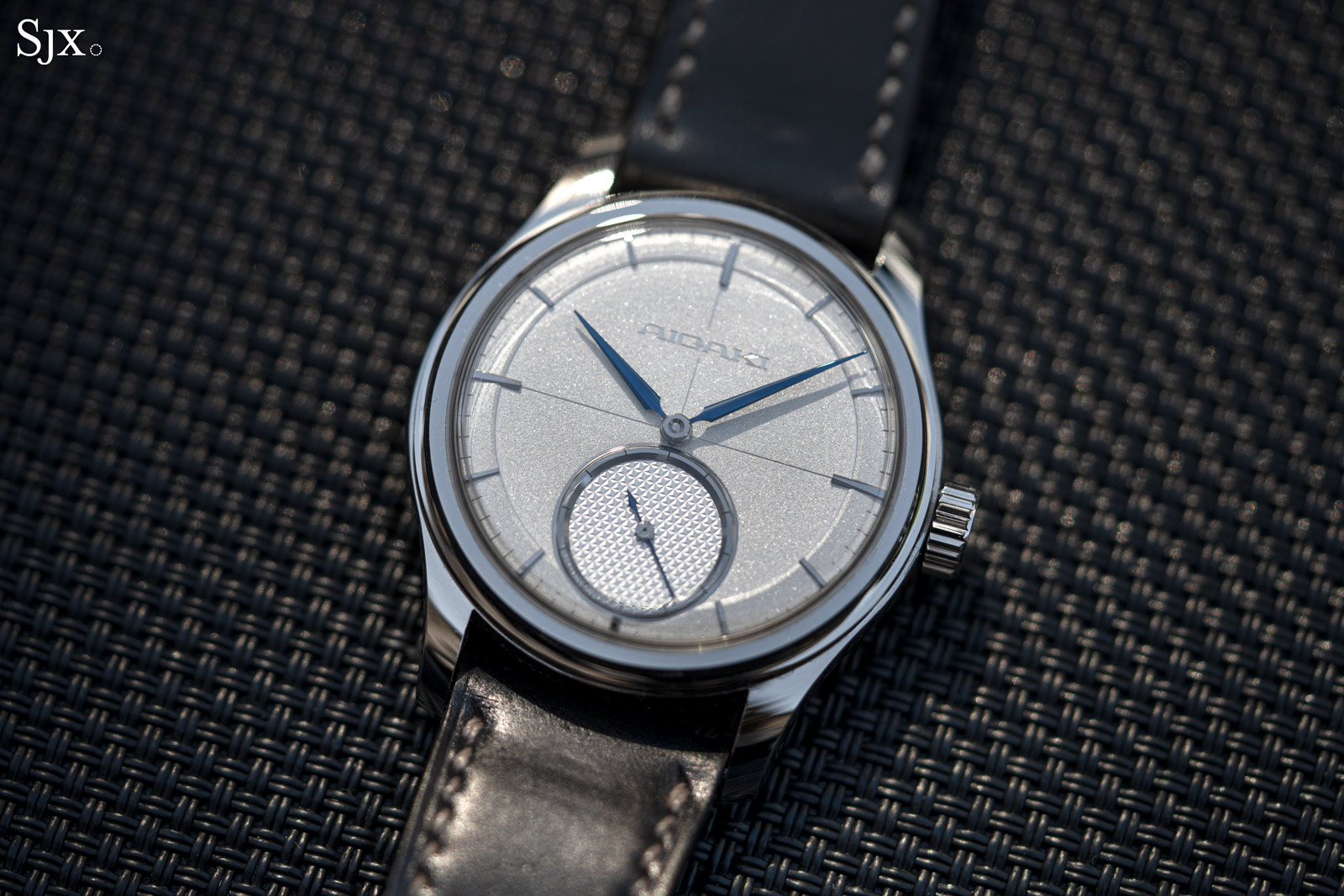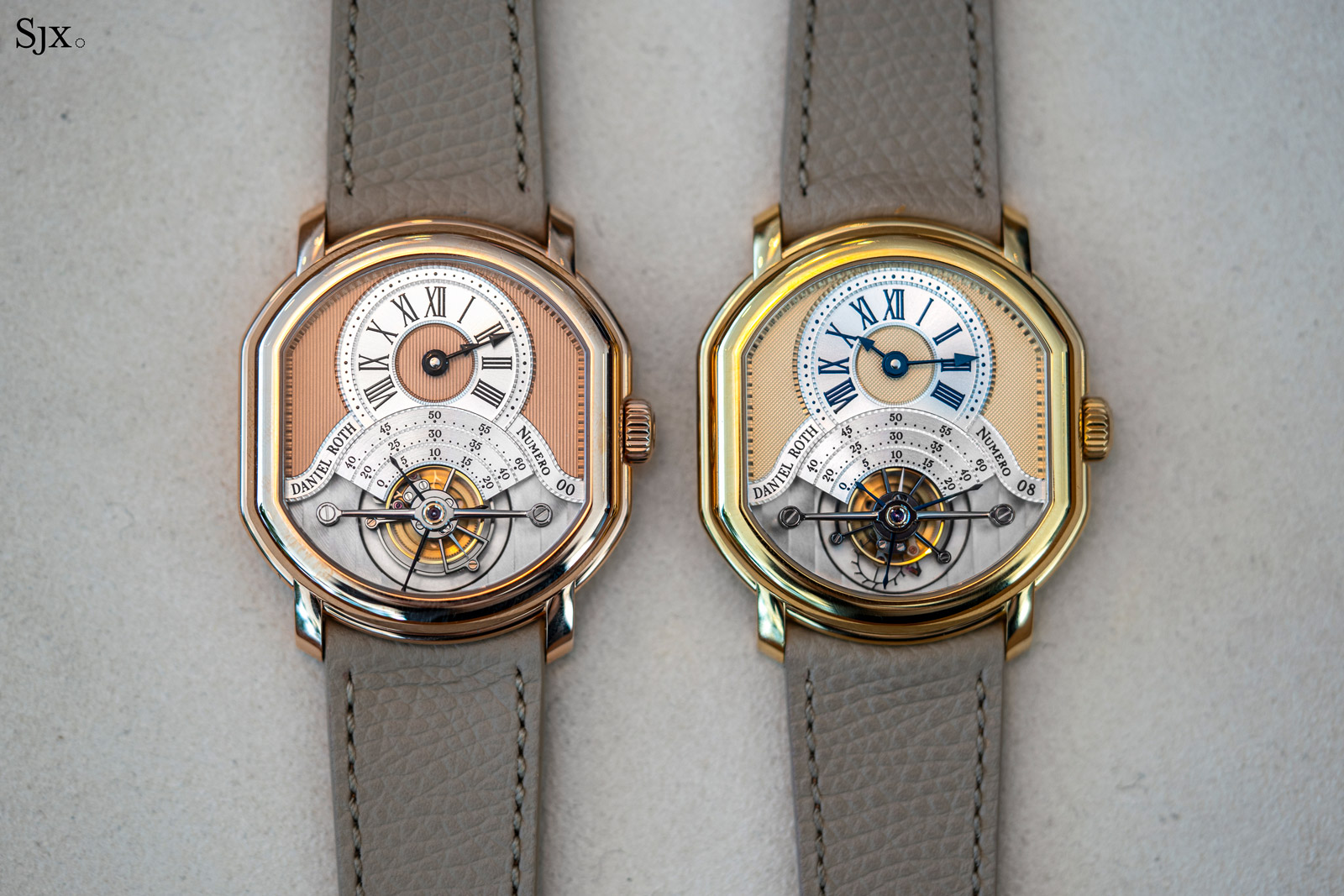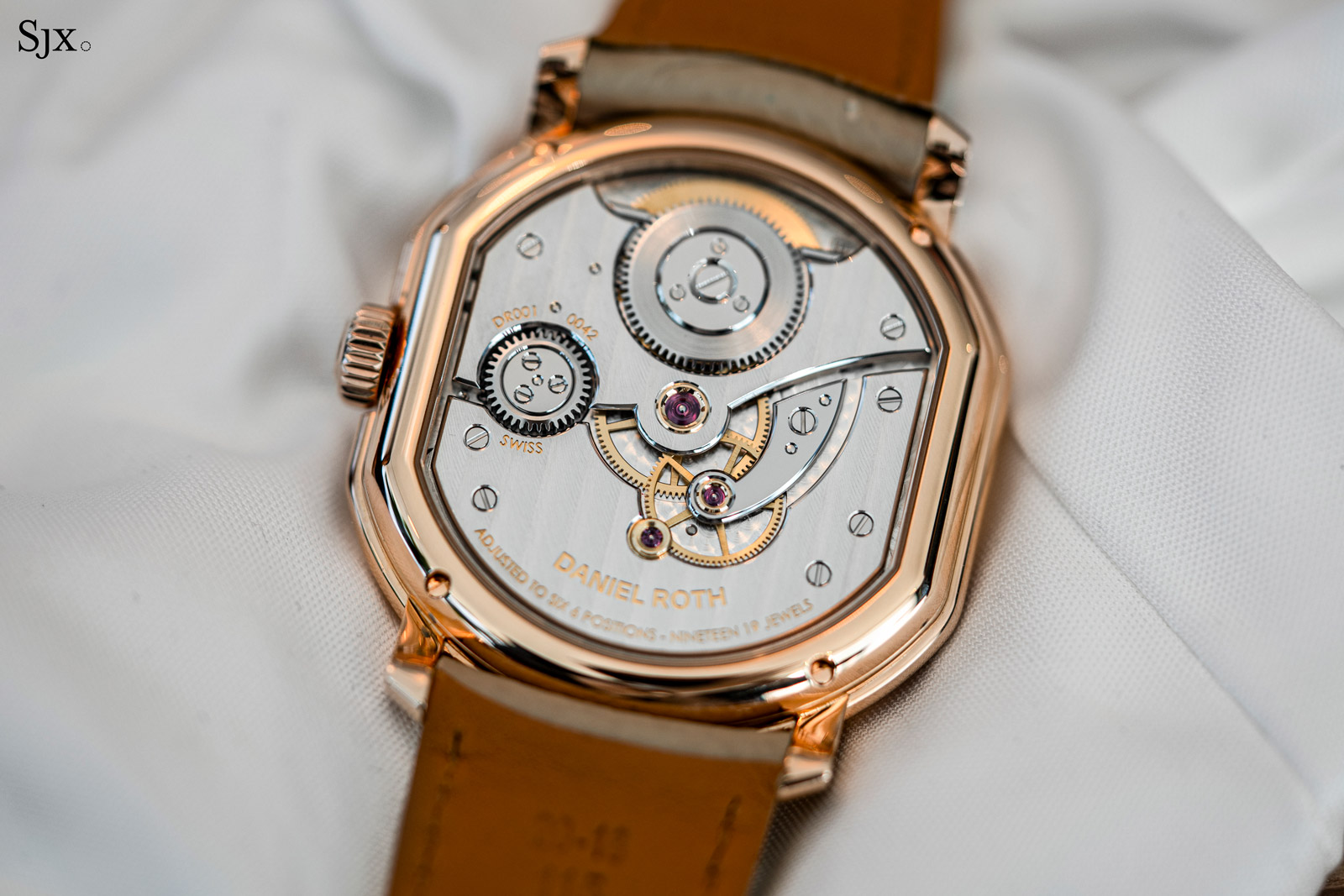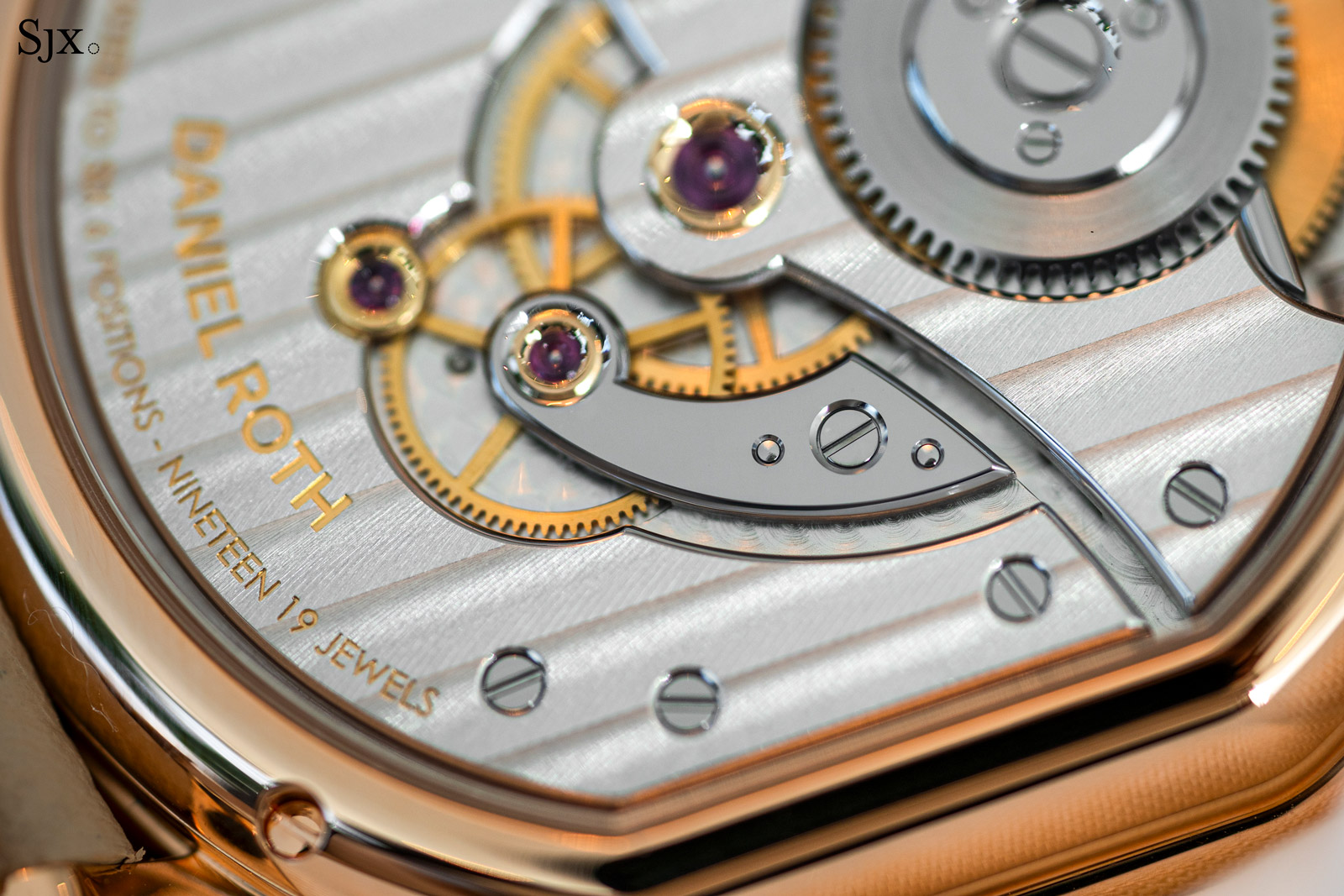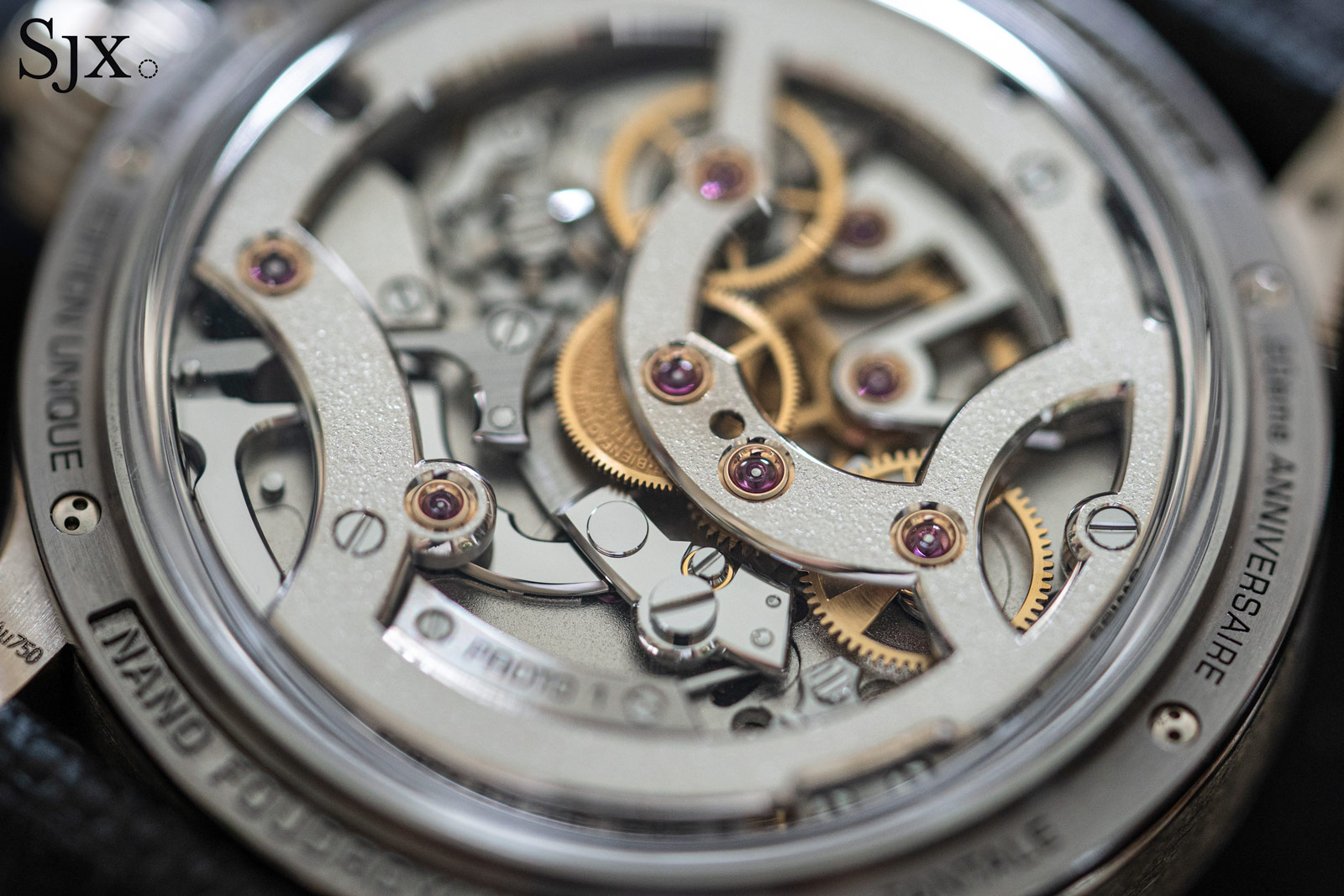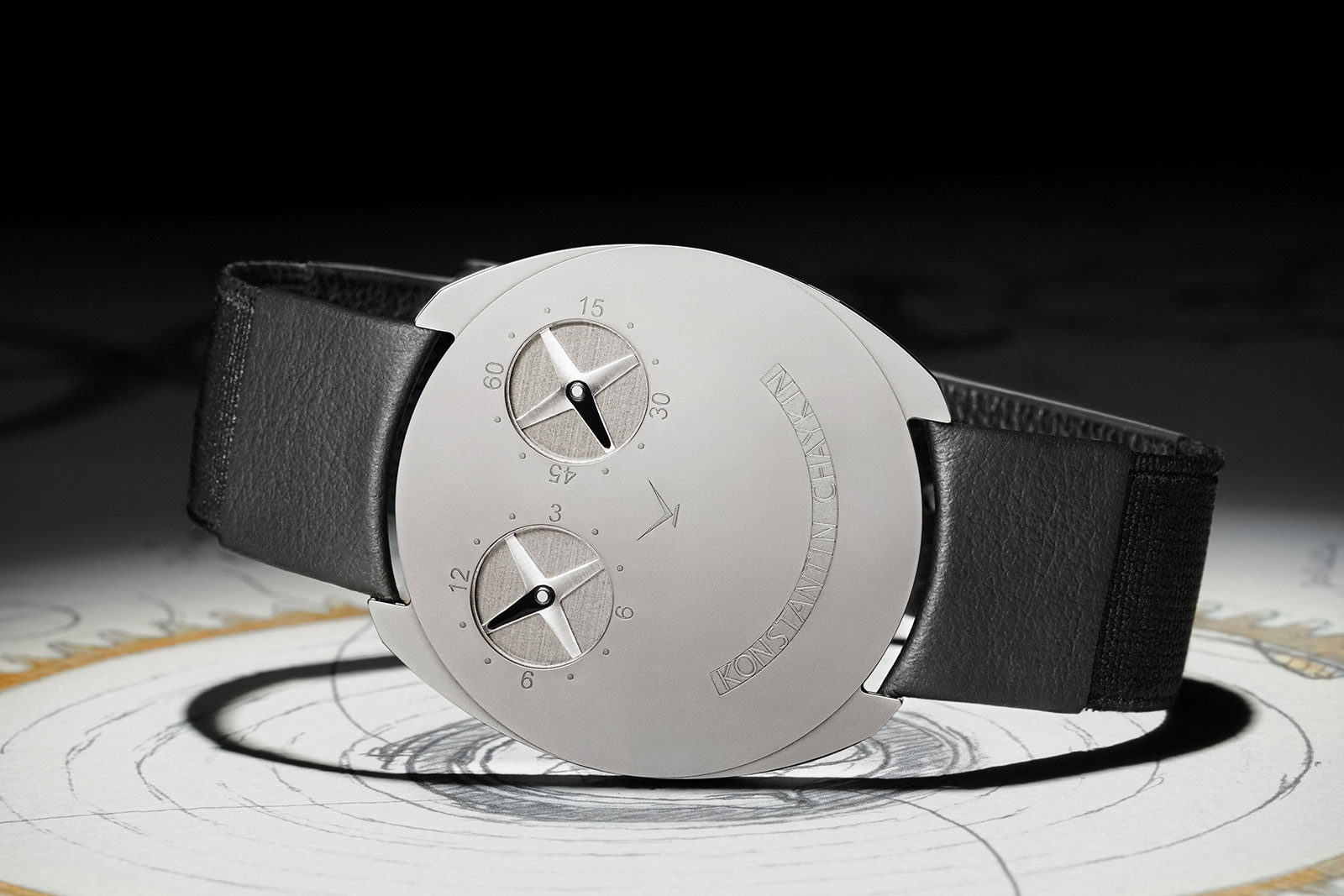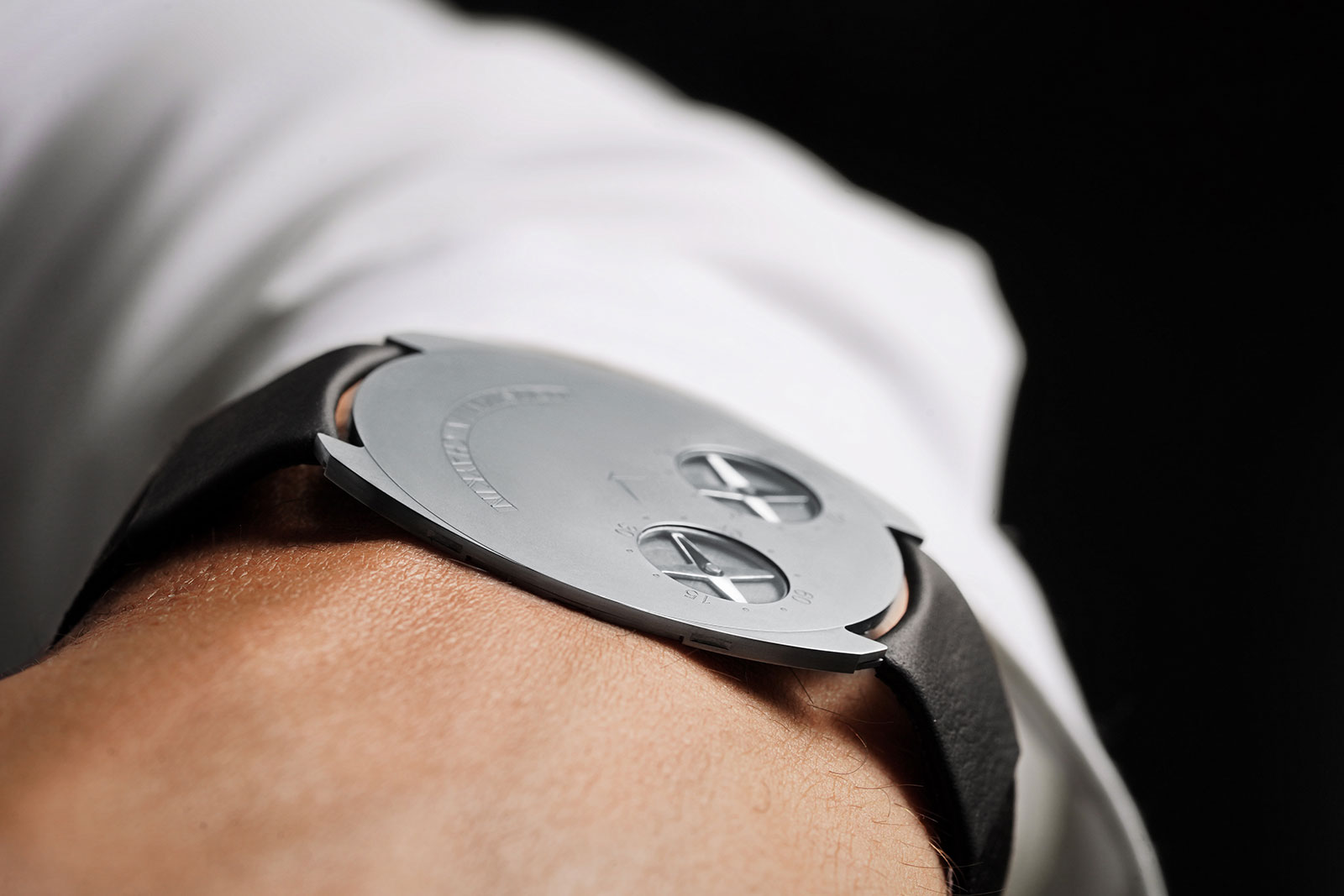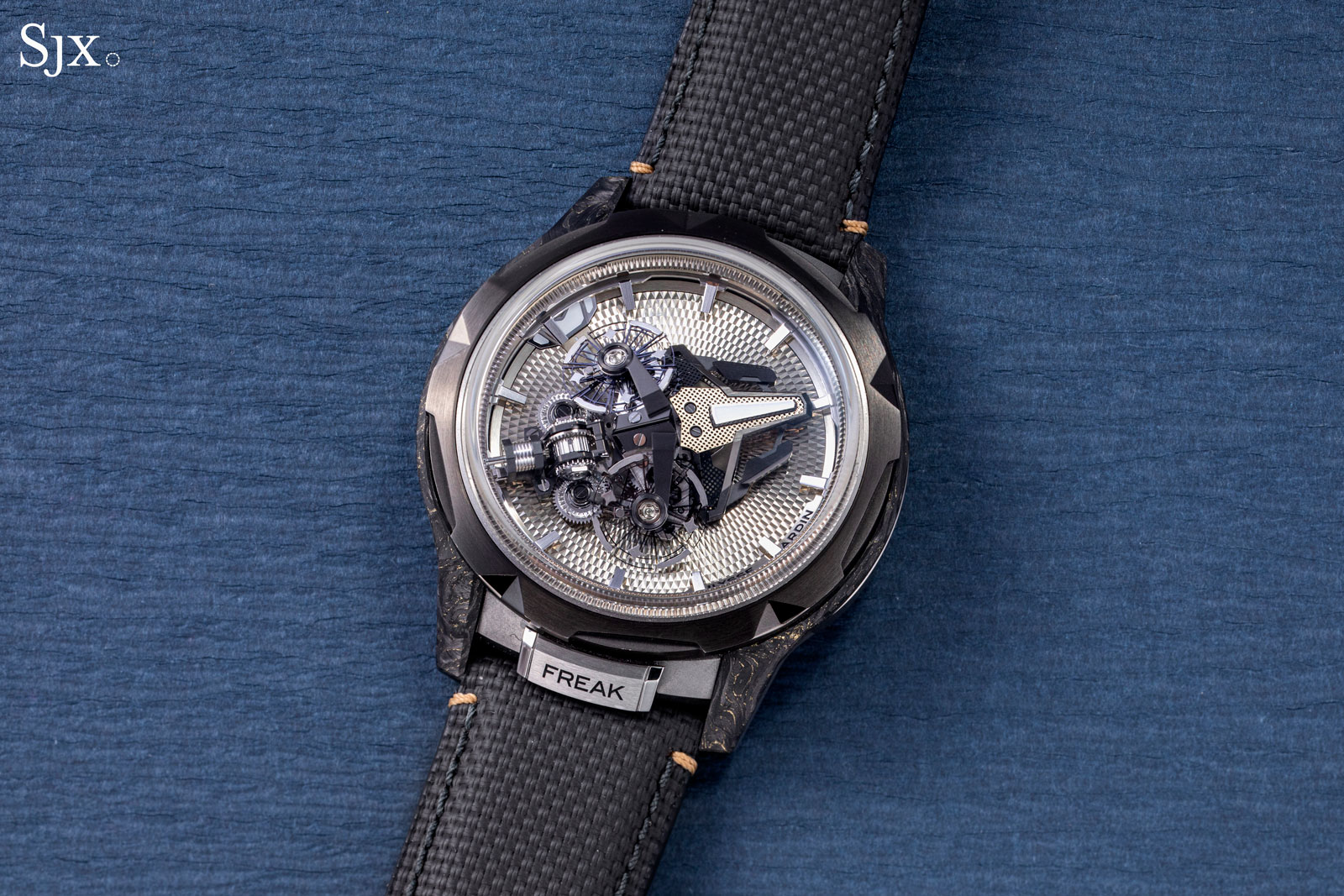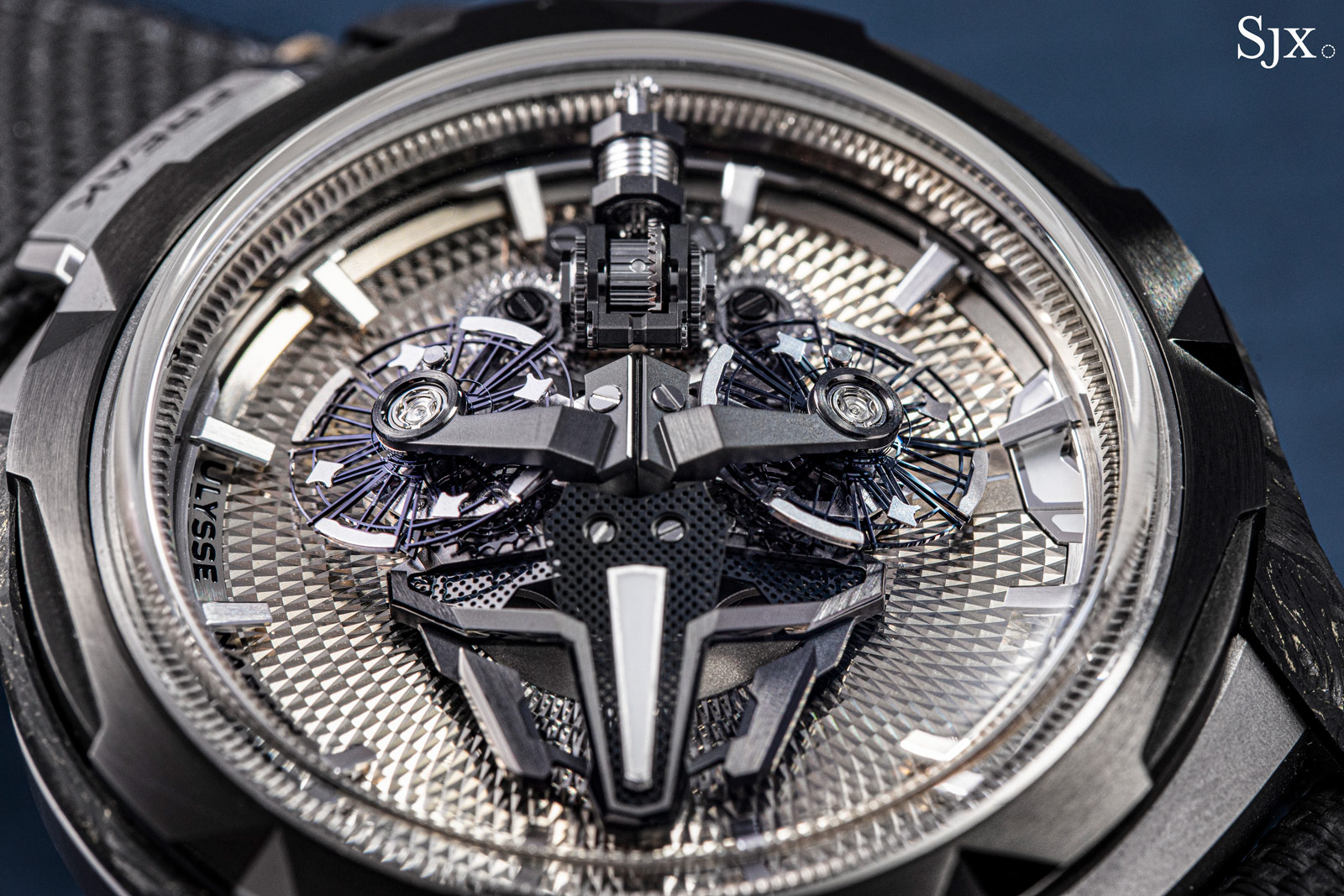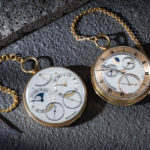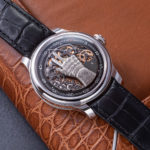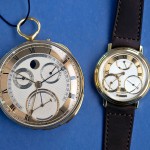Best of 2024: Value Propositions Below US$10,000
Outstanding and affordable.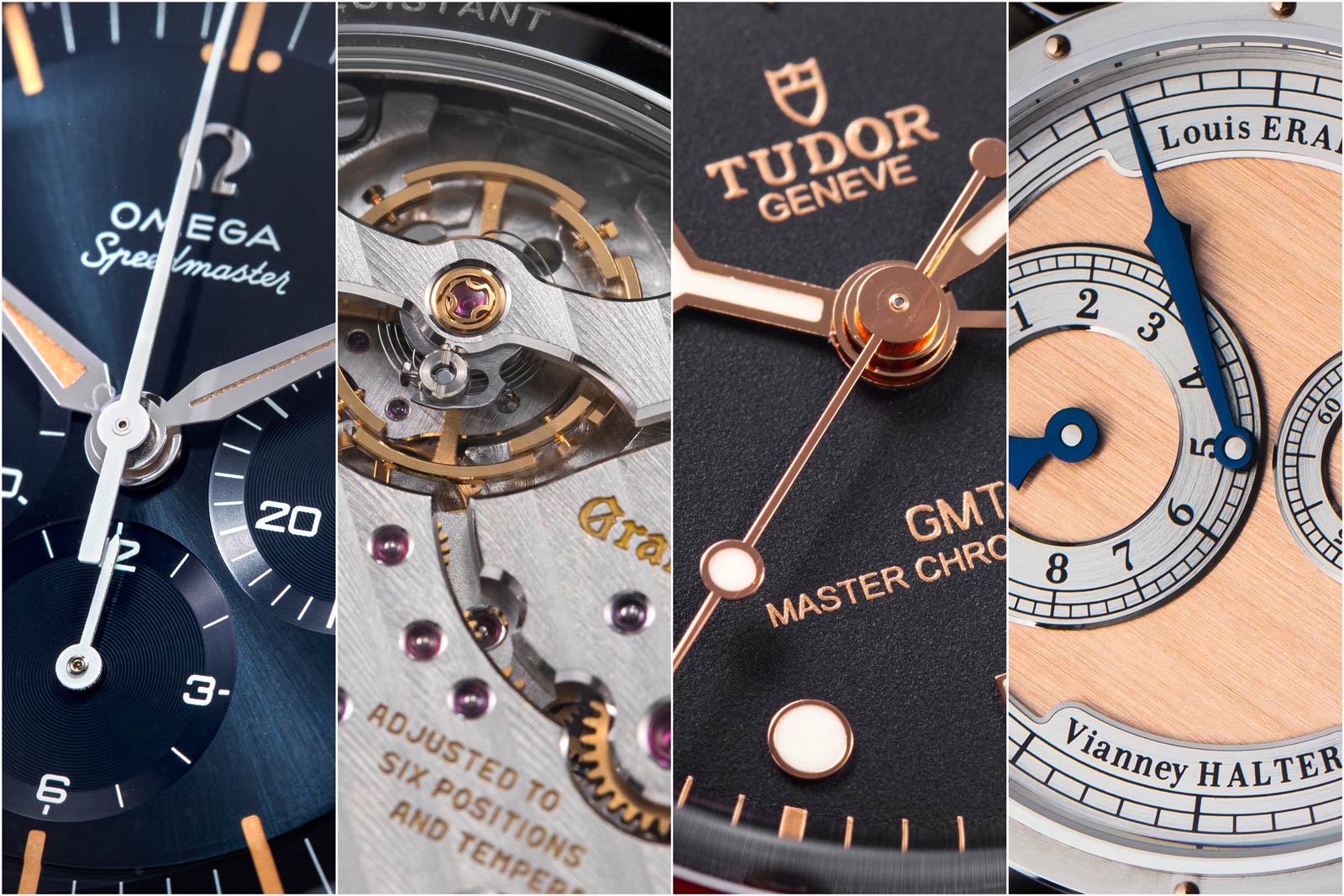
Many of the year’s most notable watches were expensive, especially complications and independent watchmaking, but there were still a few standouts at the affordable end of the price spectrum. Some relied on familiar formulas, like the Grand Seiko SLGW005 or Tudor Black Bay 58 GMT, while others like the Louis Erard Vianney Halter collaboration were unexpected.
Here’s our team’s take on the year’s best watches under US$10,000.
Albishorn Type 10 Chronograph — David Ichim
A great debut from the recently-established micro brand is the Type 10 Chronograph. Albishorn’s tagline is “imaginary vintage” — drawing inspiration from actual vintage watches, but reimagined with an entirely novel composition, resulting in watches that are highly suggestive of an era without actually being remakes.
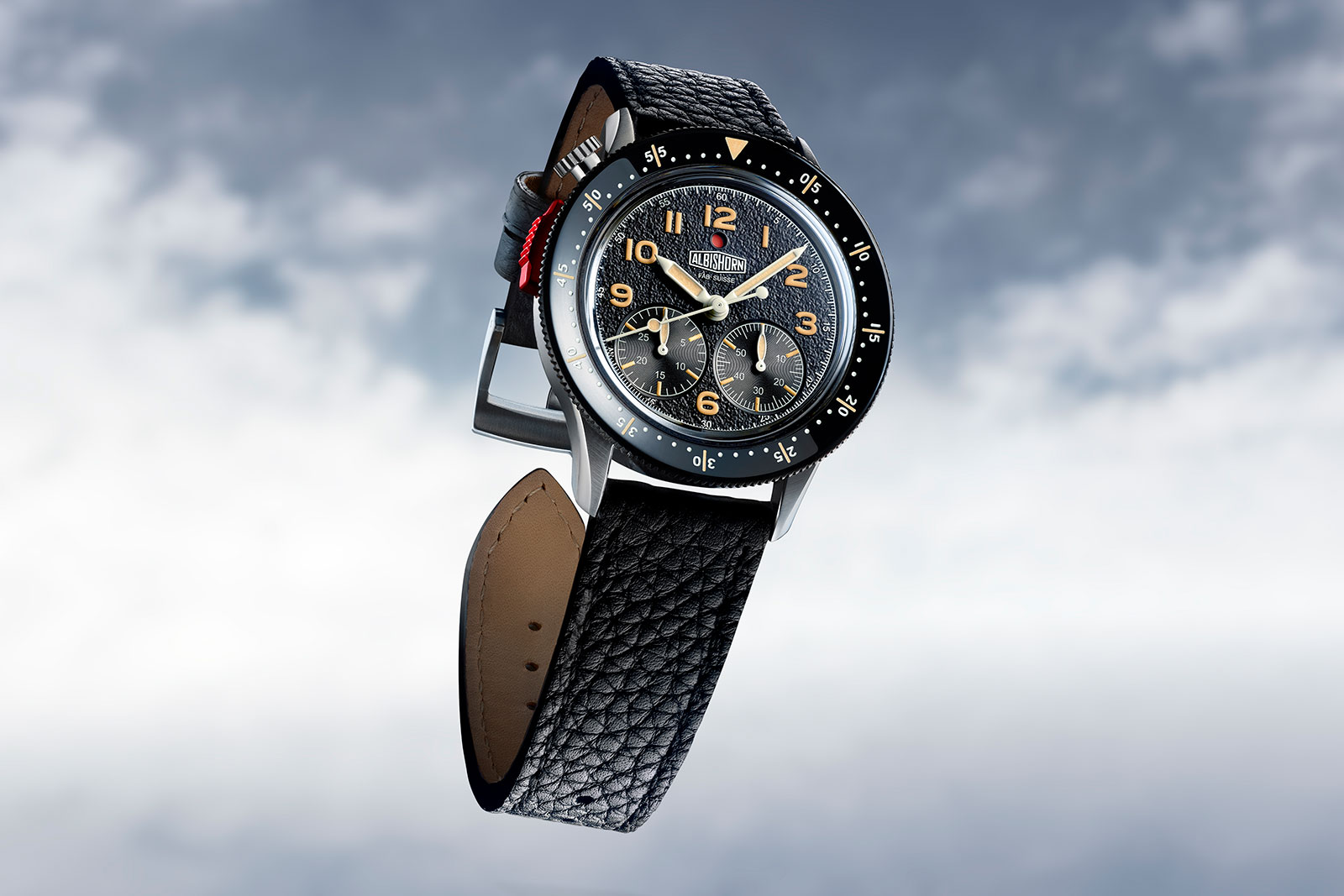
The Type 10 Chronograph exemplifies this philosophy. The hands, typeface, bezel, and slim lugs pay homage to mid-century aviator chronographs from the likes of Airain, Breguet, and Heuer. The unusual arrangement of the chronograph display however makes it entirely unique.
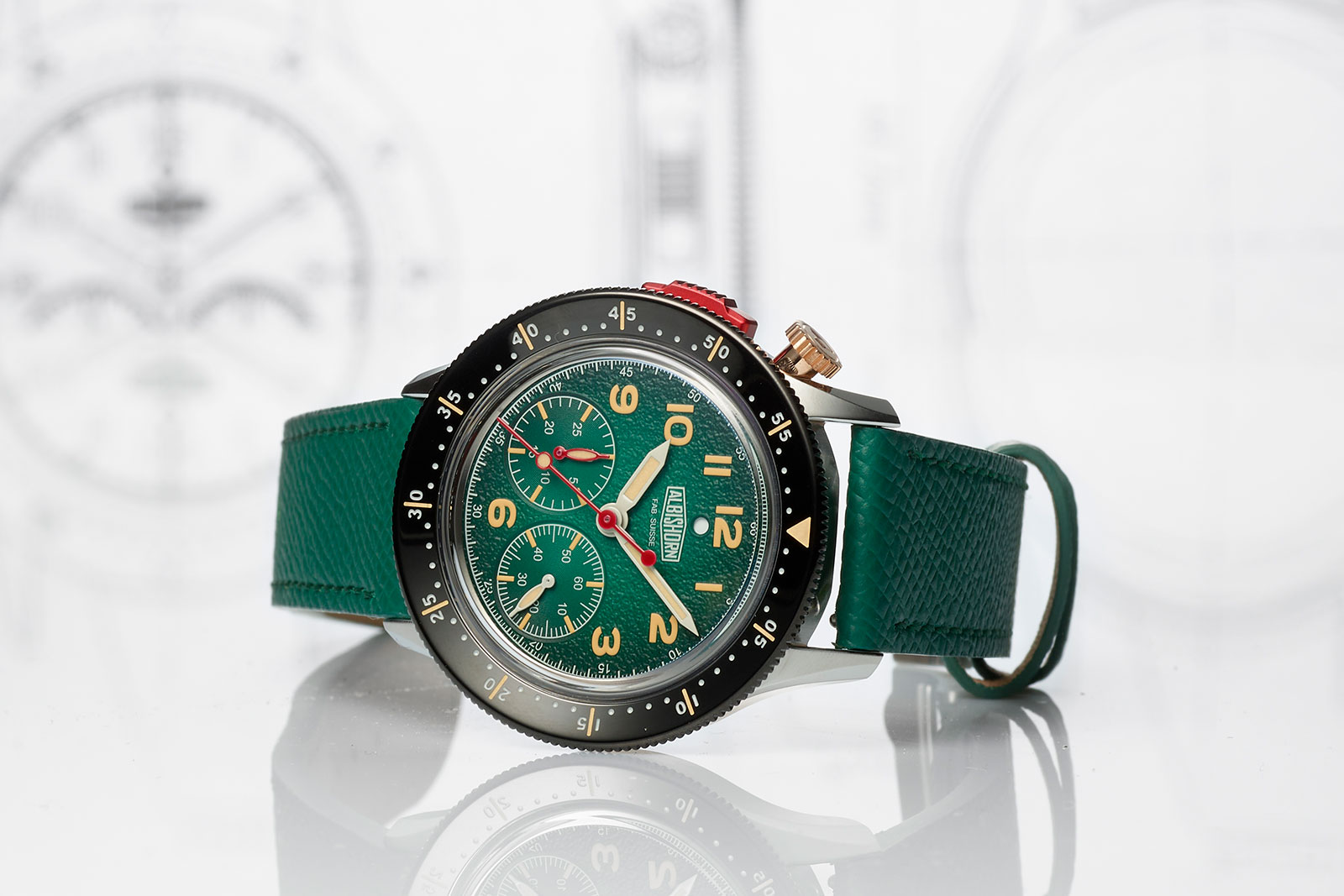
Inside is a heavily reworked 7750-derived movement, that is positioned unconventionally, leading to the unusual crown and pusher arrangement along with the unorthodox chronograph layout. The manually-wound movement is also C.O.S.C certified and incorporates a chronograph-function indicator.
In fact, the calibre is arguably more than just heavily reworked, amongst other things, it has shorter pinions than a 7750, allowing it to be thinner while requiring assembly by hand. This reflects the technical talent of Albishorn founder Sébastien Chaulmontet, who was head of innovation at La Joux-Perret and then Sellita.
At a bit over US$4,000, the Type 10 is an appealing proposition.
Grand Seiko 45GS Re-creation SLGW005 – Brandon Moore
The launch of the manually wound, high-beat cal. 9SA4 was one of the highlights of Watches & Wonders for me, and I immediately liked the watch in which it debuted, the “Birch Bark” SLGW003. And I still like that watch, just not as much as I like the vintage-inspired SLGW005 that debuted a few months later, which in my view is one of the most compelling vintage remakes on the market from any brand. And it’s priced a little under US$10,000, which is good value considering the movement.
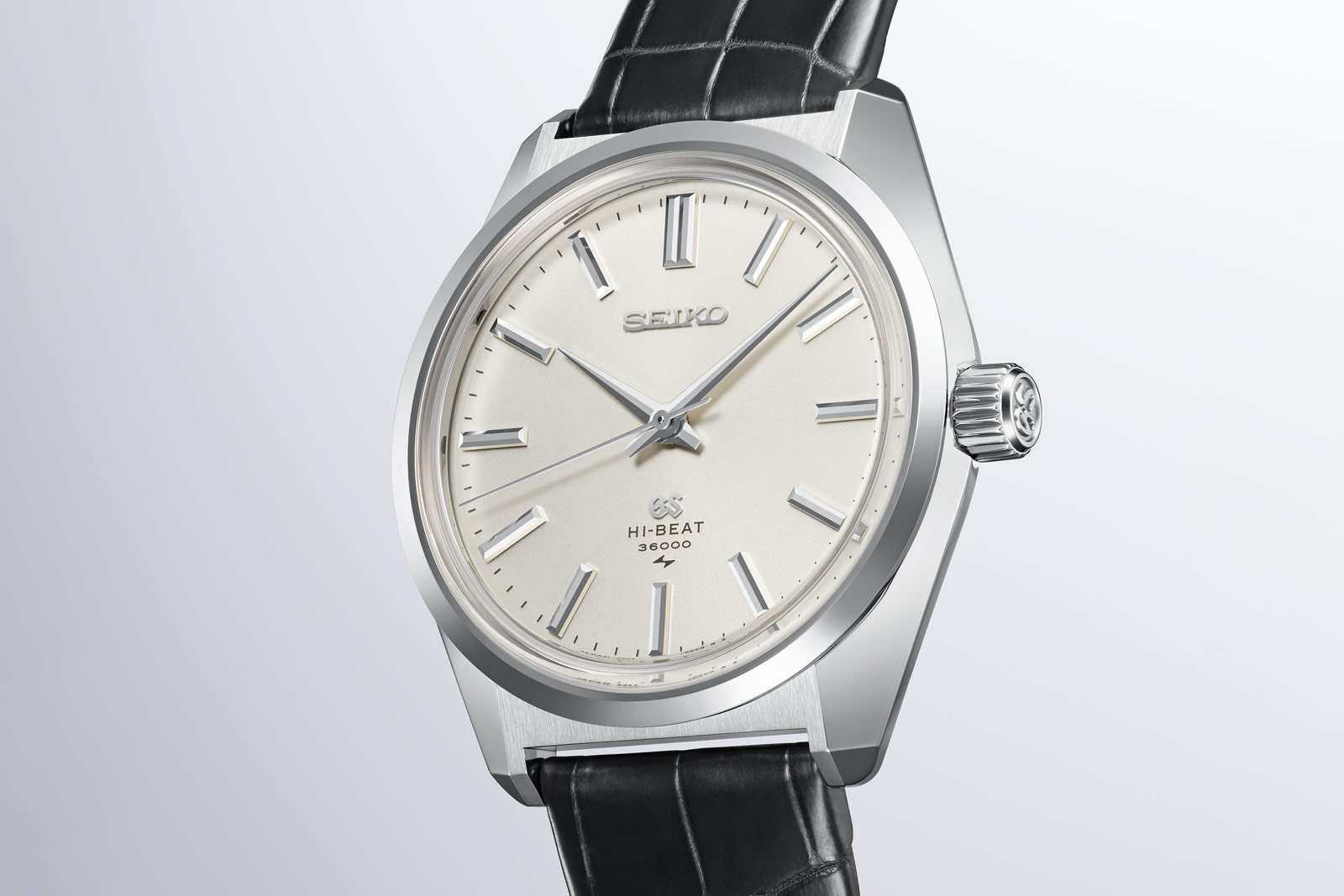
The SLGW005 is appealing because it delivers on the promise of the original 45GS from 1968, which also contained a manually wound, high-beat movement that ticked at 5 Hz. While Grand Seiko has made 5 Hz movements for years, the cal. 9SA4 is a step up sophistication and performance, featuring an overcoil hairspring, a free-sprung balance, and a proprietary escapement that helps boost the power reserve to 80 hours, in conjunction with twin mainspring barrels.
Among the many mechanical movements produced by Grand Seiko today, the cal. 9SA4 is, in my view, the one that best embodies the spirit of innovation that led Grand Seiko to success in the 1960s and 1970s.
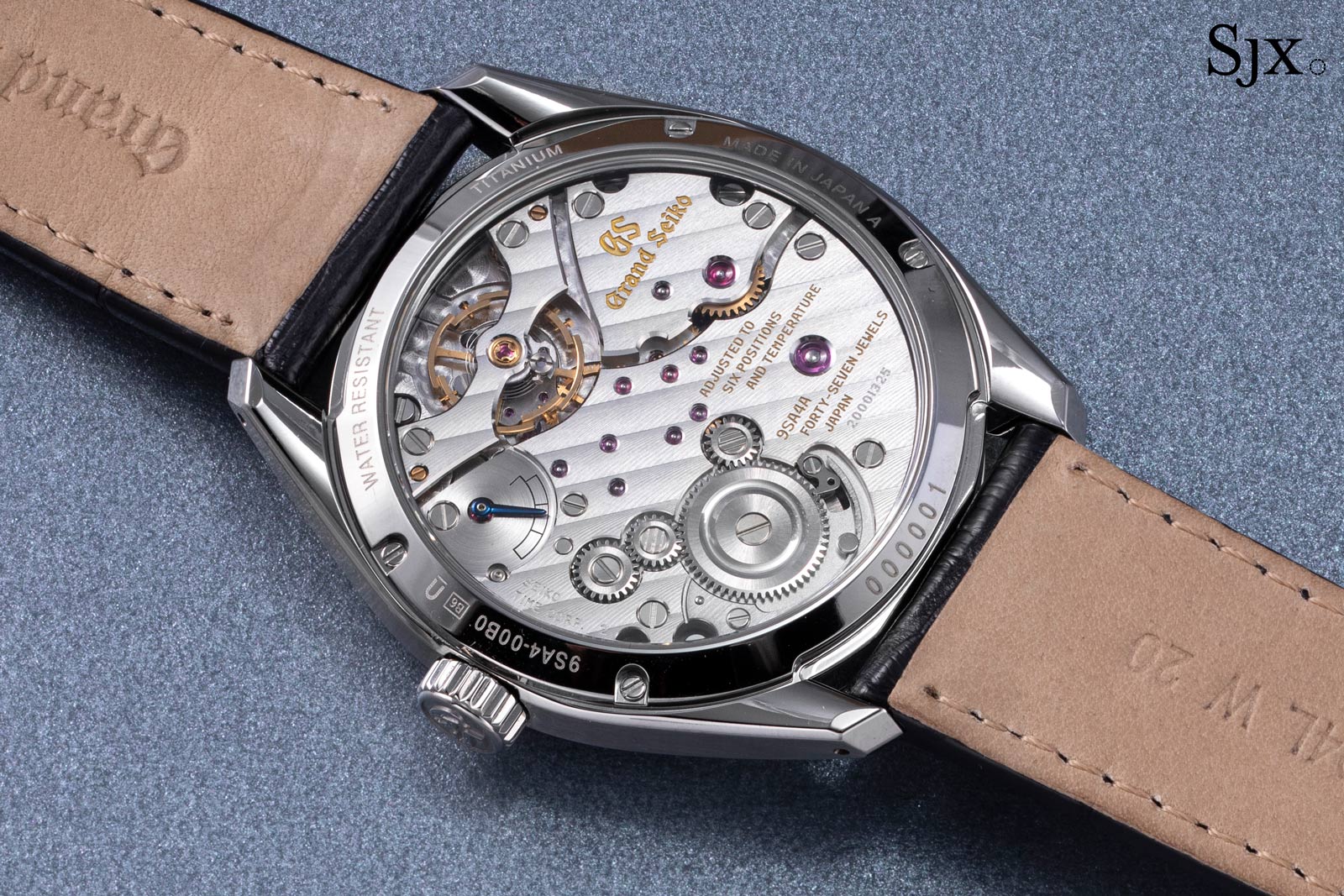
The cal. 9SA4, seen here in the SLGW003
In the SLGW005, that excellent, modern movement is combined with a faithful vintage remake. The vintage elements are nicely done, particularly the font choice for “HI-BEAT” and “36000”, which look a lot better than the painfully plain font choice used for the equivalent markings on the SLGW003. Even the Daini Seikosha lightning bolt symbol is present, lending the watch an extra bit of historical flair.
Louis Erard Le Régulateur Vianney Halter II – SJX
Louis Erard has been rolling out collaborations with independent watchmakers for a long time now, so there are many of them on the market. The second edition of the Vianney Halter regulator, however, stands out as the best collaboration to date.
Not only does it capture the look and feel of the Antiqua perpetual calendar at a modest price, but it is also unique amongst Louis Erard’s collaborations. While most of its past collabs employed the stock case and movement, with only a dial swap, the Vianney Halter II has a case, bezel, back, crown, and dial that are unique – all for a little under US$5,000, or about 10% more than past collaborations.
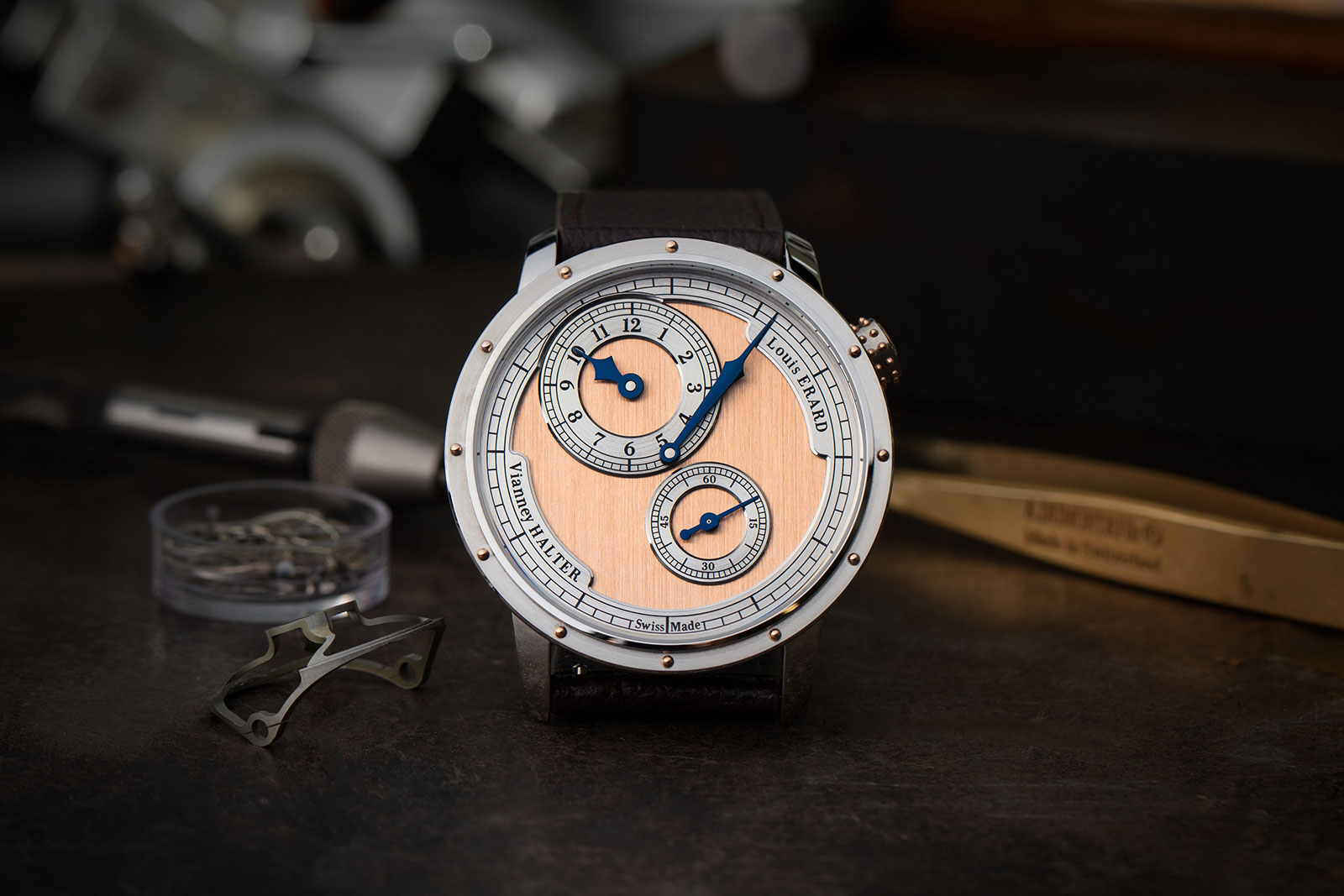
The detail on the bezel, crown, and dial are impressive for the price, especially in how they manage to replicate the look of the Antiqua. The bezel has gold-plated rivets, while the applied chapter rings on the dial have mirrored edges.
Like all Louis Erard regulator models, this suffers from a large and thick case due to the movement, but it is forgivable given the price.
Tudor Black Bay 58 GMT – Brandon Moore
It’s easy to understand the appeal of the Tudor Black Bay 58 GMT. The design is popular, the compact case fits most wrists well, and the movement is among the best in its class in terms of both its performance and its functionality, offering an independently adjustable hour hand for easy adjustments when crossing time zones.
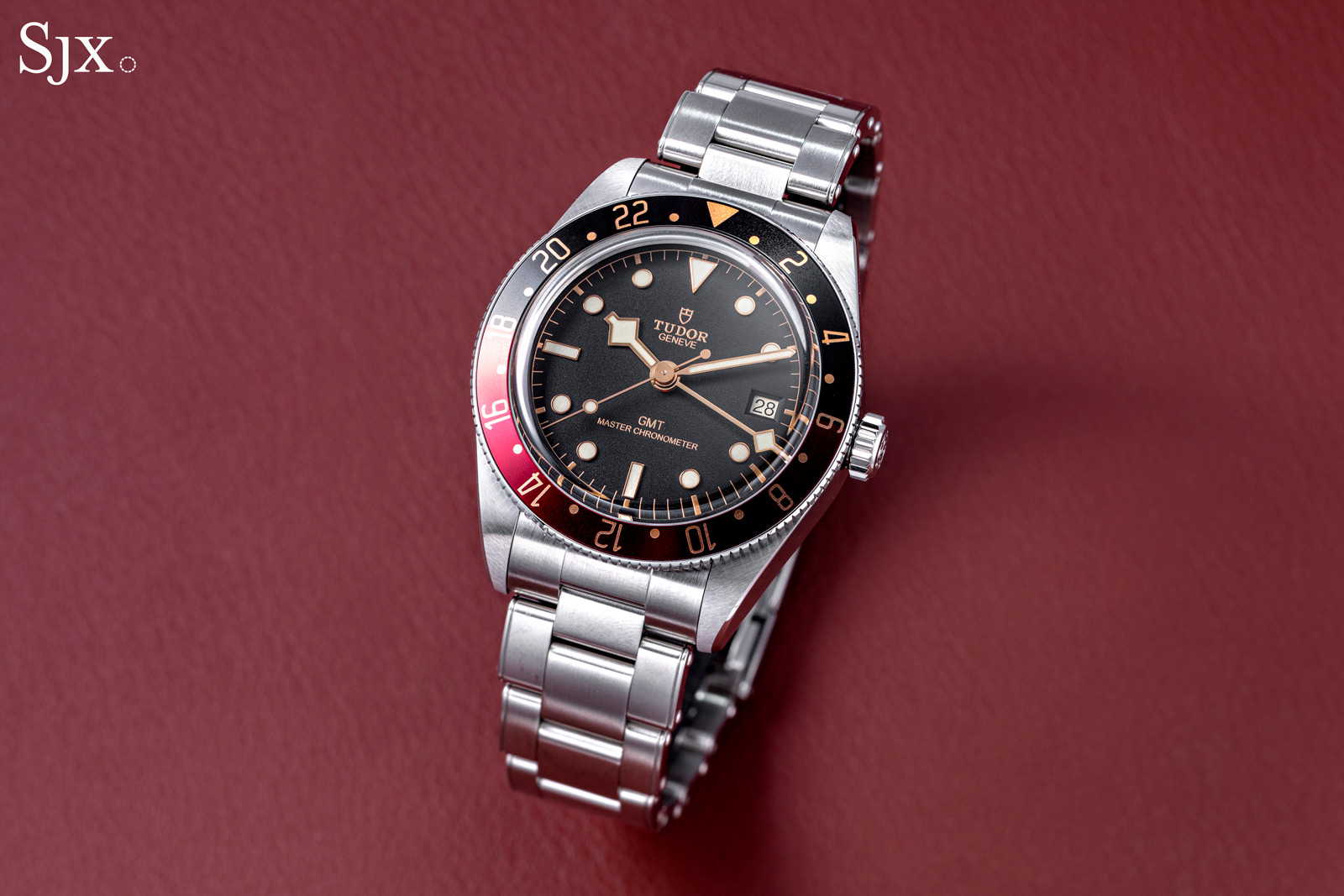
Furthermore, it benefits from Tudor’s relationship to its parent company, Rolex, enabling it to lean in to the vintage GMT-Master aesthetic without coming off as a copy. It’s a difficult balancing act to pull off, but it works. And if that weren’t enough, the price is right, with the version on the bracelet priced at US$4,600, which arguably makes the BB58 GMT the best value amongst dual-time watches in this price segment.
Omega Speedmaster “First Omega in Space” – Jason Lee
The Speedmaster “First Omega in Space” (FOiS) offers a range of features that will appeal to enthusiasts, including a vintage-inspired “soleil” dial and the latest-generation Moonwatch cal. 3861.
While it does share the design of the original FOiS, and of course it’s a remake of the vintage CK 2998, the latest FOiS is an entirely distinct watch that’s arguably the ideal fusion of classic and contemporary.
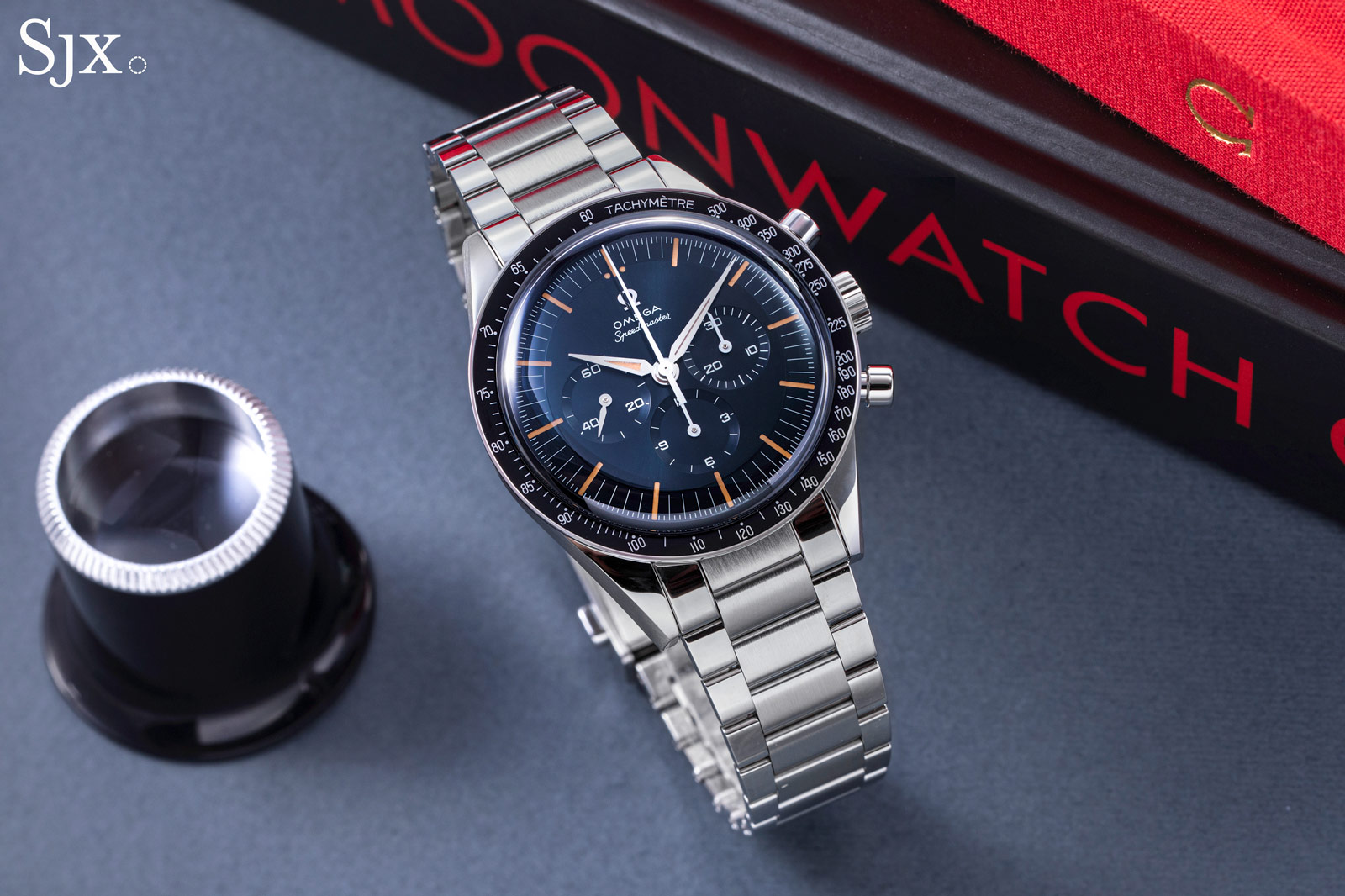
Unfortunately, the FOiS also features prominently pronounced faux-vintage lume, which is inevitably controversial. However, it harmonises well with the dial’s blue-grey colour.
Lume aside, the FOiS excels in most tangible aspects, which makes its US$7,900 retail price on a bracelet (and a bit less on a strap) a good value proportion.
Back to top.



